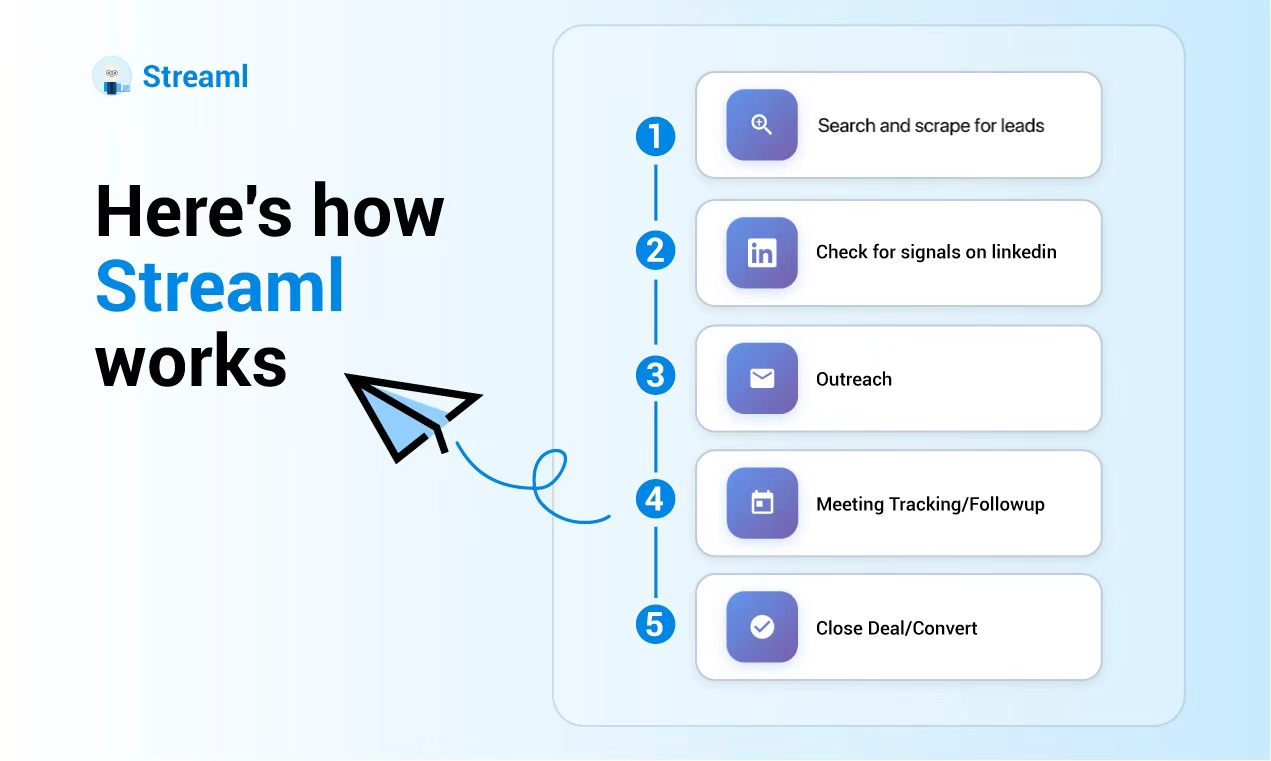The Rise of AI Solutions: Transforming Productivity and Accessibility
Author: Gabriel Arce, CEO of Talavera Solutions
In the rapidly evolving landscape of technology, artificial intelligence (AI) is reshaping how businesses operate and enhancing individual productivity. Companies are increasingly recognizing the potential of AI to streamline processes, manage workloads, and improve performance across various sectors. Recent innovations such as Talavera Solutions' PromptShelf.ai, Bika.ai's AI Organizer, and Streaml's end-to-end sales automation platform highlight the growing trend of integrating AI into everyday operations.
On September 9, 2025, Talavera Solutions launched PromptShelf.ai, a platform designed specifically for managing AI prompts to boost professional productivity. The platform not only helps businesses curate intelligent prompts but also provides a structured framework for maximizing the effectiveness of AI-generated content. This initiative reflects a broader commitment within the tech community to harness AI's capabilities to enhance workflow and foster a more efficient workplace.

PromptShelf.ai aims to revolutionize productivity through effective AI prompt management.
In parallel, Bika.ai has launched what it claims to be the world’s first AI Organizer, targeting the increasing number of one-person enterprises. This innovative platform is designed to act as a digital workforce, coordinating various AI agents to optimize productivity. With the rapid rise of solo entrepreneurs, Bika.ai seeks to equip these individuals with the tools necessary to manage their diverse tasks effectively.
Another significant innovation in the field is Streaml’s AI-powered sales automation platform, which aims to transform the B2B sales and marketing landscape. By integrating sourcing, outreach, follow-up, and meeting scheduling into a single intelligent system, Streaml is setting a new standard for how companies can utilize AI to enhance their revenue-generating capabilities.

Streaml's new platform aims to streamline sales processes through AI.
The implications of these advancements are profound, particularly for sectors heavily reliant on productivity and efficiency. In educational environments, educators are exploring how to integrate AI into classrooms to enhance learning experiences. Initiatives like those at Alexandria Community School Corp are pivotal, demonstrating the potential for AI to impact teaching methodologies and student engagement significantly.
Moreover, while these technologies promise enhanced productivity, they also raise critical questions regarding accessibility and equity in the workplace. As AI tools become more prevalent, ensuring that individuals and organizations have equal access to these resources becomes paramount. Disparities in technological adoption could lead to a widening gap between organizations that can leverage these advancements and those that cannot.

AI in educational settings is being explored to enhance teaching methodologies and student engagement.
As we look toward the future, the integration of AI into various sectors will likely accelerate, leading to a more interconnected and efficient economy. The convergence of technology and business practices is ushering in an era where AI not only supports traditional roles but also creates entirely new job descriptions tailored to managing and guiding AI systems. This paradigm shift emphasizes the need for continuous education and adaptability within the workforce.
In summary, the launch of platforms like PromptShelf.ai, Bika.ai, and Streaml reflects an unprecedented transformation in how AI is perceived and utilized across various domains. As these technologies develop, their influence on productivity, workplace dynamics, and educational practices will undoubtedly shape the future of work and learning.
With the growing emphasis on AI-driven solutions, businesses and educational institutions are urged to remain proactive in leveraging these tools to not only enhance outputs but also ensure equitable access to technology. The commitment to innovation should be matched with an understanding of the broader implications, fostering an ecosystem where all sectors can thrive amidst the AI revolution.